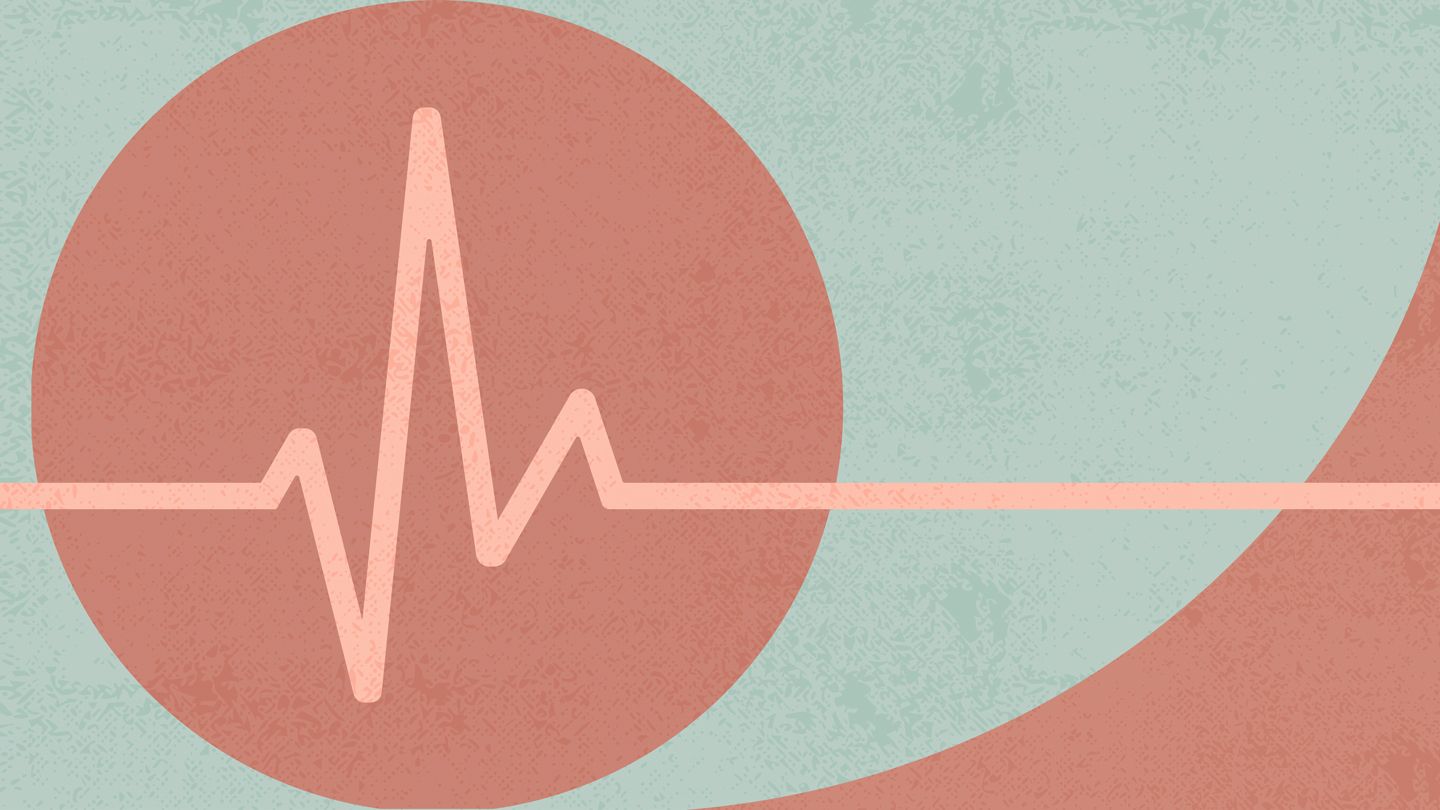Hey there. I know you're probably here because you've got some big questions swirling around in your headmaybe you're settling a loved one's affairs, sorting through medical bills, or just trying to understand what happens when Medicare coverage ends. Let's talk about this together, okay?
First things first: when someone passes away, their Medicare benefits officially stop on the very day they die. That means no more coverage for hospital stays, doctor visits, or anything else. But here's what might surprise youclaims for services that happened before they passed can still be submitted and processed, even up to a year later.
What Happens to Medicare Coverage?
Let me paint you a picture. Imagine Medicare like a clock that stops ticking the moment someone dies. Any medical care that was already provided or in progress? Those services can still be billed to Medicarethey just need to be dated before that final day.
This is where things can get a bit confusing. You might keep seeing Medicare Summary Notices (those blue-and-white statements that show what was billed and paid) showing up in the mail months after your loved one has passed. It looks like a mistake, but it's actually part of the normal process as claims work their way through the system.
Stopping the Paperwork Avalanche
Here's something important to remember: when a Medicare beneficiary dies, certain people need to know. The most crucial step is notifying the Social Security Administration (SSA). They handle the reporting process and will automatically inform Medicare contractors when they're updated about the death. Sometimes, funeral directors take care of this for you, which is one less thing on your to-do list during such a difficult time.
If there's no funeral director involved, don't worryit's a straightforward phone call to 1-800-772-1213. You'll need the deceased person's Social Security number, date of birth, date of death, and a copy of the death certificate. Trust me, getting this done sooner rather than later helps prevent a mountain of paperwork and potential complications down the road.
| Time Period | Action |
|---|---|
| Day of death | Medicare benefit ends |
| Weeks 14 | Providers submit claims for pre-death services |
| Months 14 | Beneficiary continues receiving MSNs (even though deceased) |
| Months 512 | New MSNs flagged by SSA to show entitlement conflict |
| After 1 year | No further Medicare claim processing |
This timeline gives you a roadmap of what to expect. It's kind of like watching the leaves change colorsthere's a natural progression, and knowing what's coming next can make the whole process feel more manageable.
Who Pays Those Hospital Bills?
Now, let's talk about one of the biggest sources of anxiety: those hospital bills. I hear you asking, "Am I responsible for paying these?" The honest answer is usually no, unless you happen to live in a community property state or have signed on as a joint account holder somewhere along the way.
The truth is, medical debts become part of the deceased person's estate. That means the executor of the estate is responsible for using any available assets to pay off outstanding bills. Think of it like settling up a tab at the end of a family dinneryou use what's available, and everyone gets paid according to the rules of priority.
Funeral costs typically come first, then medical bills including any Medicare deductibles or copays, followed by taxes, and finally other creditors. It's a bit like musical chairs, but with paperwork.
Dealing with Debt Collectors
If a debt collector contacts you about unpaid medical bills, it's natural to feel overwhelmed. Take a deep breath. Your first step should always be requesting proof of the debt in writing. Legitimate collectors are required by law to provide this documentation, and it gives you time to verify everything before making any decisions.
Here's where it pays to know your state's laws about debt collection and family liability. Every state is different, and what's true in one place might not apply in another. If you're not sure about your legal obligations, don't hesitate to reach out to a legal aid organization in your areathey often provide free consultations and can give you peace of mind about what you're actually responsible for.
Can You Get Money Back?
Sometimes people are surprised to learn that Medicare refunds are possible even after someone has passed away. Maybe premiums were deducted in advance, or perhaps there was a gap between when coverage ended and when payments stopped coming out. These situations happen more often than you might think.
The good news is that refunds can be requested, and they follow a specific order of eligibility. The legal representative of the estate gets first dibs, followed by a surviving spouse who lived with the deceased, then eligible children, dependent parents, and finally other qualifying survivors.
To request a refund, you'll need to contact Social Security directly or visit your local office. They'll have you complete Form SSA-1724 and provide documentation of the payments made. It might seem like a lot of paperwork, but think of it as reclaiming what was rightfully yours.
Understanding Death Benefits
Here's something that catches many people off guard: Medicare itself doesn't offer a death benefit or forgiveness program for hospital bills. However, Social Security does provide a small lump sum death benefit of $255, which can help with immediate expenses. It's not much, but every little bit counts when you're dealing with funeral costs and final bills.
This benefit has to be applied for within two years, and it's only available to a surviving spouse or minor children. It's not automatically sent out, so you'll need to make the request yourself. The application process is fairly straightforward, but again, don't wait too longtime limits exist for a reason.
Survivor Support Beyond the Benefit
Beyond that initial lump sum, there may be ongoing monthly benefits available through Social Security for surviving spouses and children. These can provide some financial stability during a time when income might suddenly stop coming in.
Different rules apply depending on your relationship to the deceased and your age. For example, a spouse generally needs to have been married for at least nine months and be at least 60 years old (or 50 if disabled). Children under 18, or disabled before age 22, may also qualify. It's worth exploring these options, even if you're not sure you meet all the criteriathe worst thing that can happen is they say no.
| Person Type | Requirements |
|---|---|
| Spouse | Married 9 months; age 60+, or disabled 5059 |
| Ex-Spouse | Married 10 years; not remarried |
| Children | Under 18, or disabled under 22 |
| Parents | Age 62+, financially dependent |
Making Sense of a Difficult Time
You know what I've learned from talking with families who've been through this? The process, while bureaucratic, isn't designed to trip you up. It's just that grief makes everything feel more complicated than it really is. When you're grieving, even simple tasks can feel insurmountable.
Let me share something that happened to a friend of mine, Sarah. When her father passed away suddenly, she was overwhelmed by all the paperwork and phone calls. She kept receiving Medicare notices months later and wasn't sure if she should be worried. Once she contacted Social Security and learned about the normal timeline, all those confusing letters suddenly made sense. She said the relief was immediatelike finding a light switch in a dark room.
Staying Organized While Healing
Here's a practical tip that many people find helpful: create a simple folder or digital folder labeled "Important Documents." Include copies of the death certificate, correspondence with Medicare and Social Security, bills, and any claim forms. Having everything in one place means you're not scrambling through papers every time someone calls or sends a letter.
And don't forget about passwords and digital accounts. If the deceased person had online access to their Medicare account or Social Security information, make sure you know how to access those resources. It might seem like a small detail, but it can save you hours of frustration later on.
Looking Forward, Not Just Back
As we wrap this up, I want you to remember something: you're not alone in this. Thousands of families go through these same questions and concerns every year. The system exists to help, even when it doesn't always feel that way.
The most important thing you can do right now is take a deep breath and tackle things one step at a time. Report the death to Social Security, organize important documents, and don't be afraid to ask questions. Whether it's calling Medicare directly, reaching out to a legal aid society, or simply asking a friend to help you understand a confusing letter, every step you take is progress.
And remember, if you're reading this because you're going through this process right now, please be gentle with yourself. Grief and paperwork don't mix easily, and that's completely normal. Give yourself permission to take breaks, ask for help, and lean on the people around you.
You've got this. And you're not just managing paperworkyou're honoring your loved one's memory by making sure everything is taken care of properly. That's no small thing, and it matters more than you might realize.
If you found this helpful, consider bookmarking this page for reference or sharing it with someone else who might be navigating these same challenges. Information shared is information multipliedlet's help each other through the tough stuff, one conversation at a time.
FAQs
When does Medicare coverage officially end after death?
Medicare after death ends on the exact date of the beneficiary’s death; however, any services provided before that date can still be claimed for up to a year.
Who is responsible for paying the deceased’s hospital bills?
Medical debts become part of the estate. The executor uses the estate’s assets to pay them, unless state law or joint account arrangements make a surviving family member liable.
How do I notify Medicare that my loved one has died?
Report the death to the Social Security Administration (call 1‑800‑772‑1213) with the SSN, birth and death dates, and a death‑certificate copy. The SSA updates Medicare automatically.
Can I receive a refund for Medicare premiums paid after death?
Yes. Refunds may be issued to the estate’s legal representative or eligible survivors. Request it by contacting Social Security and completing Form SSA‑1724.
What survivor benefits are available through Social Security?
Surviving spouses may receive a one‑time $255 death benefit and, if eligible, ongoing monthly benefits. Children and dependent parents may also qualify under specific conditions.
Disclaimer: This article is for informational purposes only and does not constitute medical advice. Always consult with a healthcare professional before starting any new treatment regimen.
Related Coverage
Not everyone qualifies for Medicare at 65. Find out if you’re eligible and what steps to take for coverage....
What happens physically and mentally leading up to death and just after, according to scientific research. Covers brain activity, reflexes, the transition, and theories about consciousness....
Foods and drinks that can support brain health and reduce the risk of dementia. Learn which nutrients are key to maintaining cognitive function....
Learn about fresh wasabi's intense flavor and health benefits and discover where to buy the top authentic wasabi paste to perfectly complement sushi....
Learn what Medicare home care services are covered, eligibility requirements, costs, and how to get started with home health benefits....
Find the best Alaska Medicare plans for 2025. Compare Part D, Medigap, and Original Medicare options tailored to your needs....
Find the best Medicare options in Washington with helpful guidance on plans, costs, and enrollment. Make informed decisions today....
Tai chi gently improves flexibility through flowing movements like knee rotations, ankle sways, and hip circles. Research shows it significantly reduces falls in the elderly....
Aquatic exercises for seniors offer low-impact workouts that boost mobility, strength, and mental well-being. Start your water fitness journey today....
Use this turning 65 checklist to prepare for retirement with confidence. Cover Social Security, Medicare, finances, and more....









